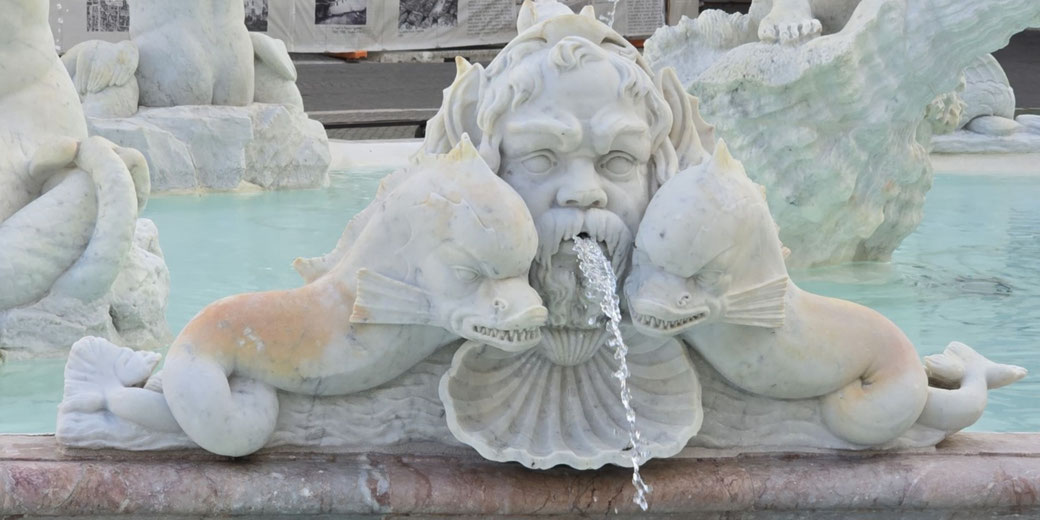What is historical background knowledge?

While studying the past, you will encounter a wide range of words, names, people, places and dates.
Some of these may seem familiar to you, or some you may never have heard of before. Either way, it is important to find out what they mean.
Before you can develop the more complex historical skills, you should attain familiarity with new information.
The simplest way to do this is to focus on one individual and event, and answer questions that start with the following words:
| Enquiry word: | Explanation: |
| Who? | Helps you learn the individuals and groups involved, especially those who were most significant |
| What? | Helps you learn the key events, and can help you assess the causes and consequences or change and continuity |
| When? | Helps you learn the important dates, as well as help you form a useful chronology |
| Where? | Helps you learn the important locations, especially those that were most significant |
Only once you are comfortable with these details can you begin to answer the more difficult knowledge questions, which usually start with the following words:
| Enquiry word: | Explanation: |
| Why? | Helps you assess the causes and consequences or motives |
| How? | Helps you assess causes and consequences or change and continuity |
Useful websites for background knowledge
There are a wide range of websites that can help you develop your background knowledge. If you're unsure where to start look for answers to your questions, the following websites can be of use:

Ancient History Encyclopedia is a non-profit educational website with a global vision: to provide the best ancient history information on the internet for free.

A website which aims to provide historical information that is easy for both children and adults to navigate, is written in accessible language, is illustrated wherever possible and makes learning fun.

Although this is a television channel, it does have lots of short articles and videos to help improve your background knowledge.
Looking for a worksheet to record your background research?

What do you need help with?
Download ready-to-use digital learning resources
Copyright © History Skills 2014-2025.
Contact via email
With the exception of links to external sites, some historical sources and extracts from specific publications, all content on this website is copyrighted by History Skills. This content may not be copied, republished or redistributed without written permission from the website creator. Please use the Contact page to obtain relevant permission.
















